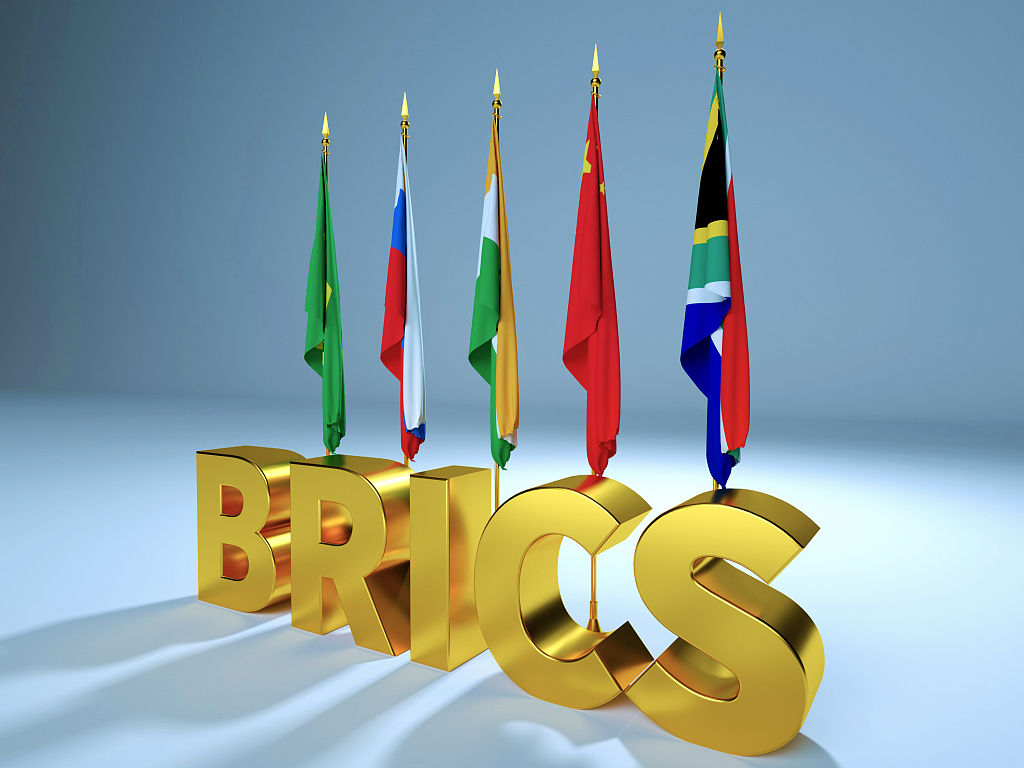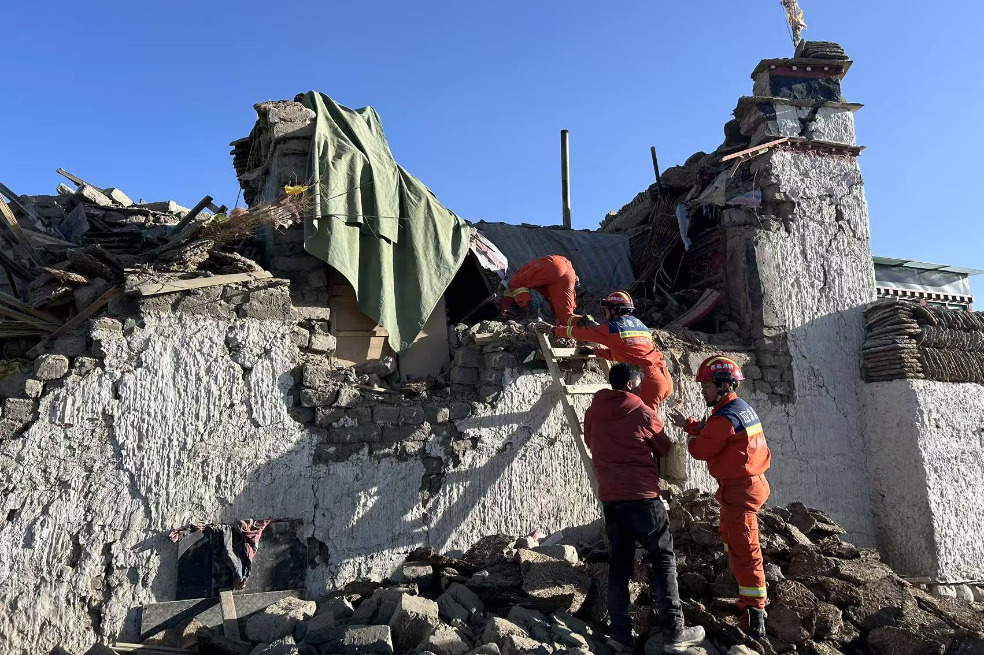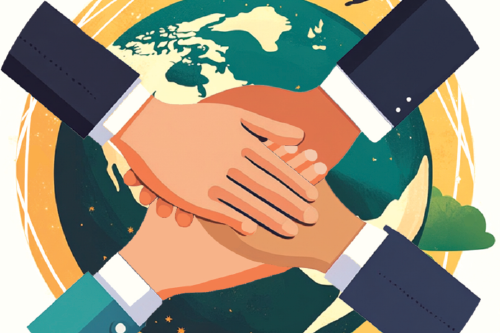Central message of BRICS is that Global South and Africa matter


The BRICS Summit will be held in Johannesburg, South Africa, from August 22-24, the first offline summit of the group since the start of the COVID-19 pandemic.
In 2017, China put forward the concept of "BRICS Plus", stressing the need to expand the radiation and benefits of BRICS cooperation and building an open and diversified network of partners. As this year's host, South Africa attaches great importance to this concept. Naledi Pandor, the country's minister of international relations and cooperation, recently said that 67 leaders from African countries and the Global South have been invited to attend the BRICS-Africa Outreach and BRICS Plus Dialogue, and about 20 dignitaries from the African Union Commission, the United Nations and regional economic blocs have been invited for a meeting to be held before the summit.
Such an unprecedented scale will make the summit the largest-ever, proof of global leaders' growing confidence in the grouping. BRICS as a bloc is open to developing countries, but only South Africa has been admitted since its establishment, as admission of new members requires the unanimous consent of all existing members.
China is always open to absorbing new members and South Africa actively supports the "recruitment of new members". So far, at least 23 countries have expressed their willingness to join BRICS, including economically developed countries such as Saudi Arabia and countries encountering economic difficulties, such as Cuba, Belarus and Iran.
Given host South Africa's willingness for "cooperation, not confrontation", there seems to be greater likelihood of countries being admitted.
The summit is also likely to see greater efforts to "de-dollarize", with BRICS members keen to promote more local currency settlements to reduce the reliance on the US dollar.
There are also indications that "BRICS Pay" as a payment system for inter-BRICS transactions may be discussed in detail at the summit. As an increasing number of countries will become "BRICS Plus "partners, the frequency of settlement in local or third-party currencies in mutual trade will be significantly increased, thus speeding up "de-dollarization".
The BRICS grouping always adheres to its basic purpose of economic cooperation. It does not seek a contest with industrialized countries, but intends to hammer home to the outside world that the voices of BRICS, the Global South and African countries need to be heard and respected in global economic, financial and political governance.


































